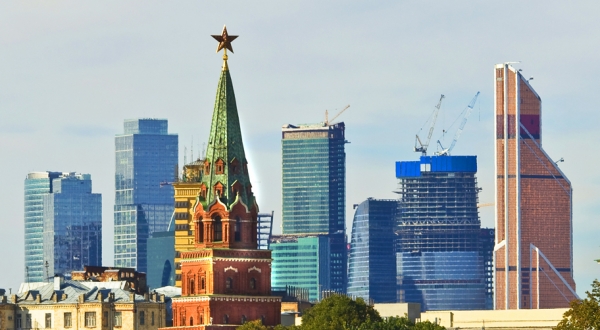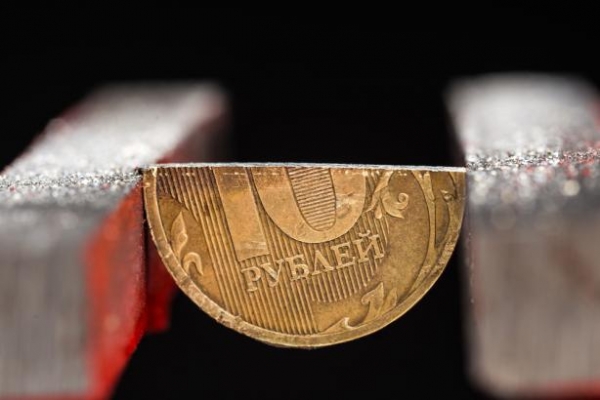One of the main beneficiaries of the results of voting at the exit of Britain from the EU were the emerging markets, including Russia. In July there was a strong influx of funds to developing countries working with stocks and bonds. This trend may continue throughout the year

Since the vote on the question of Brexit month showed that the initial reaction of financial markets has been too rapid, according to a new Bulletin of the Bank of Russia “as evidenced by trends”. Throughout July, the volatility in financial markets decreased and finally approached to minimum historical levels. One factor in the decline was the rise of expectations regarding the preservation of the soft monetary policy by the major Central banks for longer than previously expected, period.
The yield of government bonds of developed countries rose slightly by the end of July, but remained near their lowest levels. Expectations of loose monetary policy and lower volatility led to increased demand for risky assets. In particular, increased stock markets of both developed and developing countries.
One of the main beneficiaries of this situation is the emerging markets. In July there was a strong influx of funds to developing countries working with stocks and bonds. The demand for the latter increased due to the General decline in yields on risk-free instruments, forcing investors to invest in riskier high yield. By the end of July the yield of government bonds of developing countries in national currency reached the lowest historical values.
Indeed, agrees the head of the analytical Department AMarkets Artem Deev, the exit of Britain from the European Union integration significantly worsened economic growth prospects for the entire currency bloc. Against this background, large investors have decided to rebalance their investment portfolios in favour of regions affected by the smallest negative impact of the consequences of Brexit. Among them was the Russian economy. That Russian paper is clearly a demand you can see on the dynamics of OFZ yield which continued to decline. As for investment, it is estimated Deeva, at the moment we can talk about approximate numbers in the 150-200 million dollars.
But Russia, unfortunately, due to geopolitical circumstances accepted among global investors to assess with a certain discount in comparison with other developing countries, says the analyst of “ALOR Broker” Alexey Antonov. Therefore, Russia was able to attract no more than 5-10% of the amount of funds usemusic to emerging markets after breccia, and investors ‘ focus was Latin America, which has received up to 30%.
According to experts, the shift in balance in favour of investment in razivaetsya markets can hold out for another six months or a year, while the monetary authorities of developed countries will keep interest rates low. In the future the US and Europe will have to raise rates to avoid inflation and competition for capital from the developing countries, which will demonstrate an increasingly strong economic growth.








